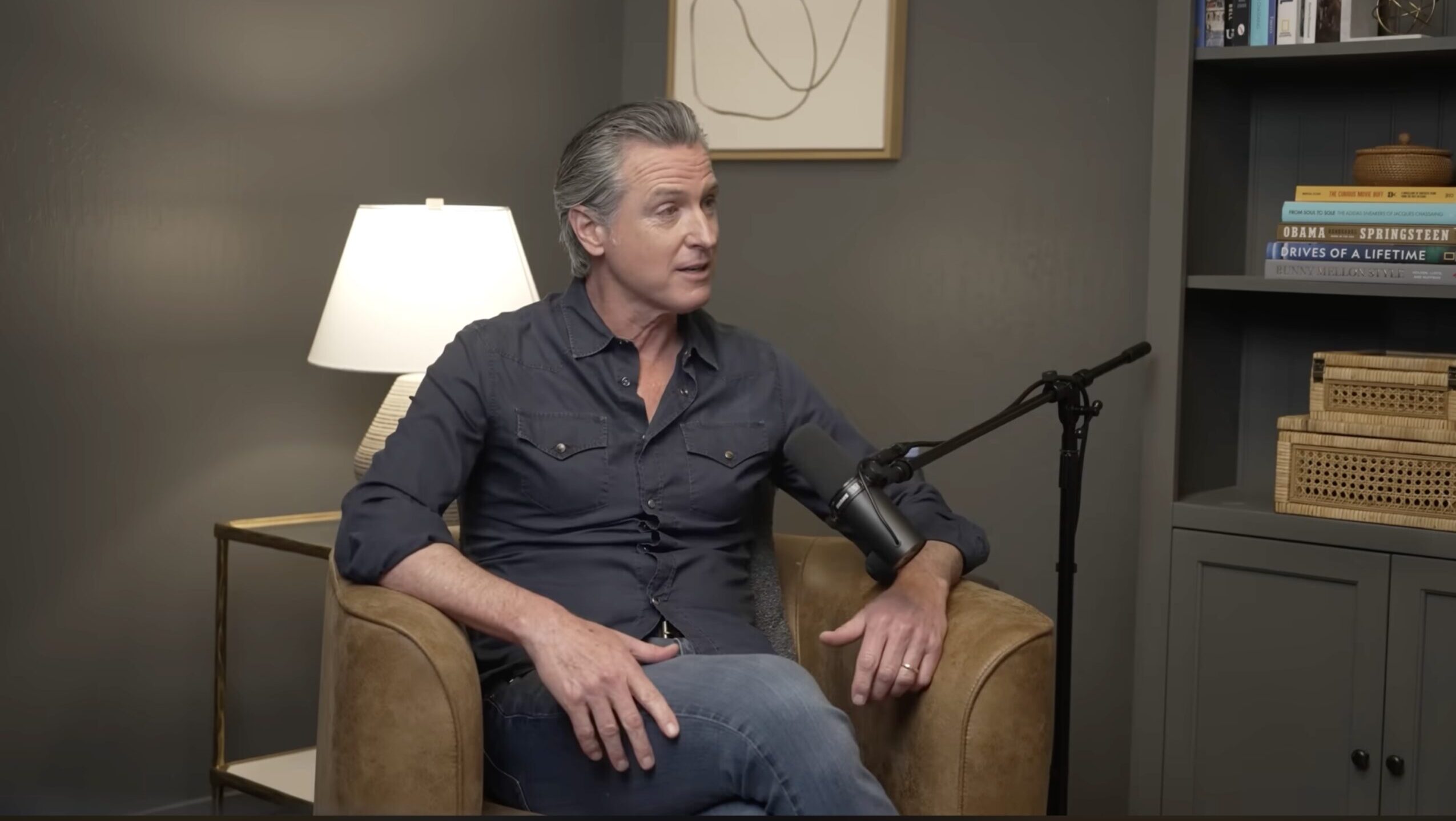California Governor Gavin Newsom's recent comments have sparked controversy, with critics arguing that his inflammatory language could contribute to political violence. Newsom's press office labeled White House Deputy Chief of Staff Stephen Miller a "fascist" in a series of posts on social media, prompting discussions about the implications of such rhetoric.
Explainer Charlie Kirk Overview
On September 26, 2025, Newsom's official account on X (formerly Twitter) posted, "STEPHEN MILLER IS A FASCIST!" This statement was part of a broader critique of the Trump administration, which Newsom's team described as authoritarian. The governor's office further asserted that they were calling out both Trump and his associates for their actions, which they characterized as fascist.
The posts included a graphic that purported to demonstrate how Trump and Miller fit the definition of fascism. Another message stated, "DING DONGS IN THE WHITE HOUSE: IF YOU DON’T WANT US TO CALL YOU A FASCIST THEN STOP DOING FASCIST THINGS."
Critics of Newsom's rhetoric, including some within his own party, have expressed concern that such language can incite violence. Pennsylvania Senator John Fetterman remarked on X, "Unchecked extreme rhetoric, like labels as Hitler or fascist, will foment more extreme outcomes. Political violence is always wrong — no exceptions."
The backdrop to this heated exchange includes the recent murder of conservative activist Charlie Kirk, who was killed less than three weeks ago. His death has raised alarms about the potential consequences of escalating political rhetoric. Some commentators argue that labeling political opponents as fascists could desensitize the public to violence against them.
Supporters of Newsom, however, argue that his comments are a necessary response to what they perceive as authoritarianism from the Trump administration. They contend that strong language is warranted in the face of actions they believe undermine democratic norms.
Despite the backlash, Newsom's office has doubled down on its stance, asserting that the use of such terms is justified given the historical context of fascism and its implications for democracy. They argue that the fight against what they label as fascism is crucial for protecting civil liberties.
The debate over Newsom's rhetoric highlights a growing divide in American politics, where language and labeling can have profound implications. As the political landscape becomes increasingly polarized, the potential for misinterpretation and escalation of tensions remains a significant concern for many observers.
As discussions continue, the call for more measured discourse in political debates is gaining traction. Many believe that a return to civility could help mitigate the risks of violence and foster a more constructive dialogue among differing political viewpoints.
Why it matters
- Newsom's comments have ignited debate over the impact of inflammatory political rhetoric on violence.
- Critics, including some Democrats, warn that labeling opponents as fascists could escalate tensions and violence.
- The recent murder of activist Charlie Kirk adds urgency to discussions about political language and its consequences.
What’s next
- Calls for a more civil political discourse are growing among lawmakers and commentators.
- Watch for potential responses from the White House regarding Newsom's remarks and their implications.
